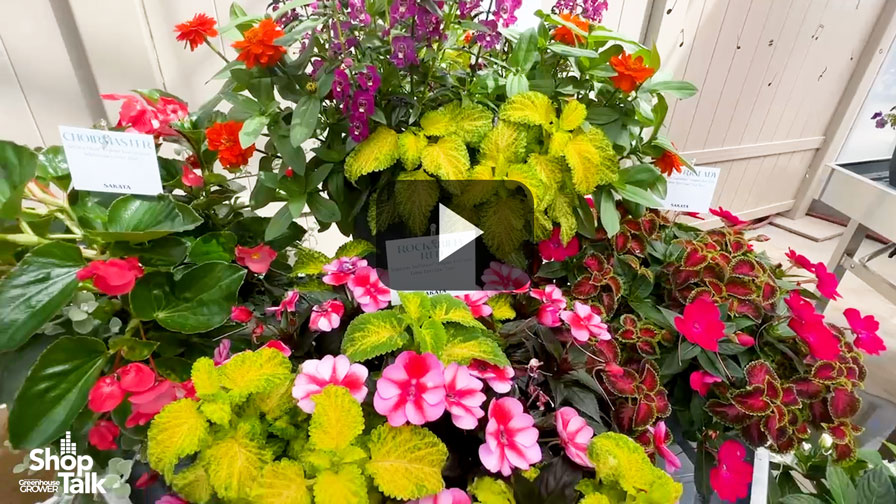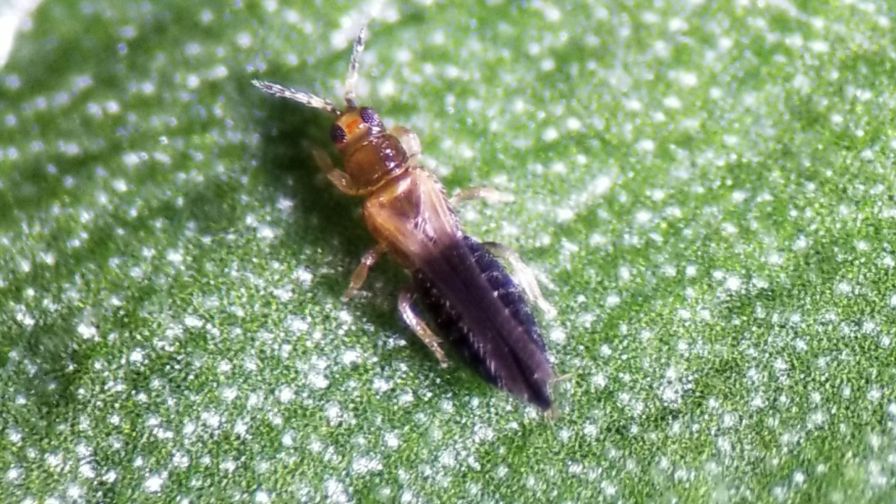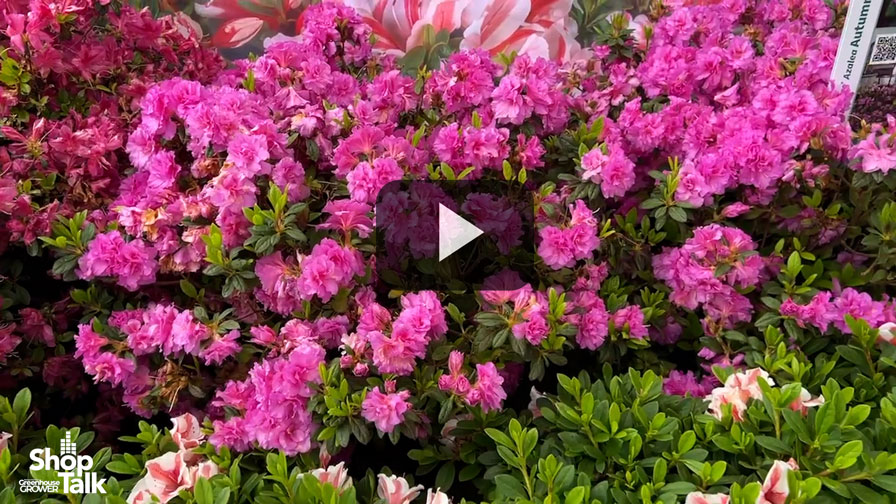Are Your Herbaceous Perennials Sick?
The Michigan Department of Agriculture and Rural Development (MDARD) has released a new survey that reports there is still a high incidence of imported virus-infected, bare-root herbaceous perennials in Michigan.
According to an article on the Michigan State University Extension (MSUE) website, many of the problems stem from product purchased through the USDA-APHIS Clearance Program. The USDA-APHIS website describes this clearance program as an initiative designed to enact procedures “designed to identify and/or mitigate the risk of exotic pest introductions through action taken in foreign countries.”
The study was conducted from 2006 to 2011 on hosta, iris, paeonia, dicentra and freesia plants that were shipped to several Michigan nurseries from various foreign countries. Over the testing period, the study results continually indicated that there were higher-than-acceptable virus rates on the plants. According to the study, “A comparison of virus tests performed in 2007, 2009 and 2011 indicates that the overall rate of virus infection in imported perennials has increased during this period.”
MSUE warns growers to be conscious of this problem and take preventative measures when growing these varieties. Visit the website for tips on identifying virus symptoms.
Click here to view the full report.









